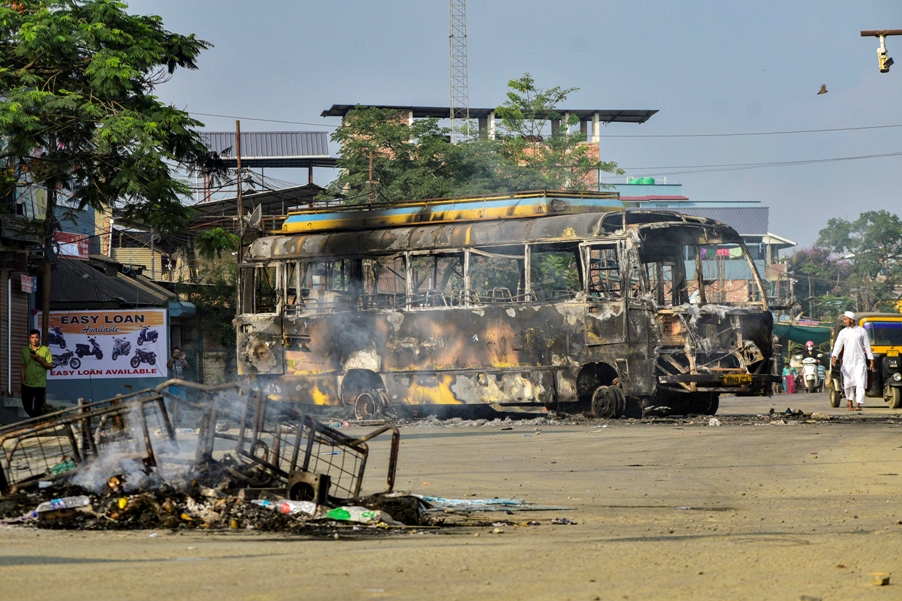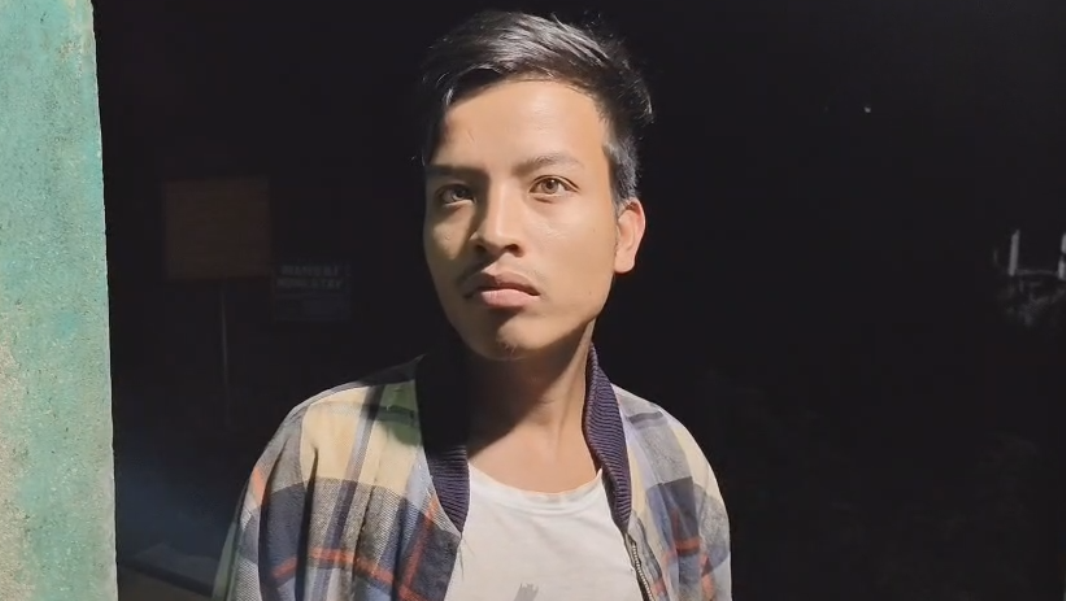New York, Jun 8: As the United States readies for the FIFA Club World Cup, concern over such things as international travel, fan safety and even economic uncertainty threaten to diminish enthusiasm for the tournament.
The United States will see the arrival of 32 professional club teams from around the globe to 11 cities for the tournament. There’s a $1 billion prize pool.
The Club World Cup is considered in many ways to be a dress rehearsal for the big event, the 2026 World Cup to be hosted by the United States, Canada and Mexico.
But there seems to be little buzz for the Club World Cup at home or abroad. The expansion of the field from seven to 32 teams has diminished the exclusivity of the event, and ticket sales appear slow.
At the same time, the tournament is being played amid reports of foreign tourists being detained and visa processing delays. Chaotic U.S. Immigration and Customs Enforcement activities and President Donald Trump’s travel bans aren’t exactly reassuring international fans, either.
Wary travelers, visa woesTrump’s policies appear to have already impacted travelers. The National Travel and Tourism Office released data showing visitors to the U.S. from foreign countries fell 9.7% in March compared to the same month last year. The travel forecasting company Tourism Economics has predicted that international arrivals would decline 9.4% this year.
The U.S. Travel Association, a nonprofit group that represents the travel industry, has urged the Trump administration to improve such things as visa processing and customs wait times ahead of a series of big sporting events on U.S. soil, including the Club World Cup beginning June 14, the Ryder Cup later this year, next summer’s World Cup, and the 2028 Los Angeles Olympics.

Association President Geoff Freeman said, for example, that the wait in Colombia for a visa interview appointment is upwards of 18 months — already putting the 2026 World Cup out of reach for some travelers. He said his organization is working with the White House’s World Cup Task Force to address issues.
“They (the task force) recognize how important this event is: success is the only option. So we’re eager to work with them to do whatever it is we need to do to ensure that we can welcome the millions of incremental visitors that we think are possible,” Freeman said. “But these underlying issues of visa and customs, we’ve got to address.”
Secretary of State Marco Rubio, speaking at a House Committee on Foreign Affairs hearing last month, suggested consular staff could be put on longer shifts and that artificial intelligence could be used to process visas.
“We want it to be a success. It’s a priority for the president,” said Rubio.
But the Trump administration may have added to the concerns for international visitors by issuing a ban on travelers from 12 countries, with restrictions on travel from nine more countries. Iran, one of the countries named, has qualified for the World Cup.
The proclamation included an exemption for “any athlete or member of an athletic team, including coaches, persons performing a necessary support role, and immediate relatives, traveling for the World Cup, Olympics, or other major sporting event as determined by the secretary of state.”
It did not mention fans.
Fan fearsThere are signs current immigration policies were already impacting soccer fans and spurring worries over safety. A Latin American supporters group in Nashville stayed away from a recent Major League Soccer game because of ICE activity in the city. The city’s Geodis Park is set to host three Club World Cup matches.
Danny Navarro, who offers travel advice to followers on his social media platforms under the moniker TravelFutbolFan, said the World Cup Task Force announcement did not allay fears about travel, especially when Vice President JD Vance said, “We want them to come. We want them to celebrate. We want them to watch the game. But when the time is up, they’ll have to go home. Otherwise, they’ll have to talk to (Homeland Security) Secretary (Kristi) Noem.”
That insinuated fans visiting the United States for the World Cup could use it to stay in the country, which is nonsensical, Navarro maintained. For many countries, fans traveling to the World Cup — an expensive travel plan with hiked flight and hotel prices — are broadly viewed as higher-spending and lower-risk for host nation security planning.
Navarro put the onus on FIFA.
“They must know that there is an anxiety among international travelers wanting to come in. They must know there’s an anxiety among the U.S. fan base that is multicultural and wanting to go to all these places. Are they going to? Are they going to be harassed by ICE?” Navarro said. “There is just a lot of uncertainty, I would say, too much uncertainty, that the fan base doesn’t want to think about.”
If you build it, will they come?It remains to be seen how outside factors will ultimately impact the Club World Cup, which is not the global spectacle or draw that the World Cup is.
Ticket sales, which were based on a dynamic pricing model, appear to be slow, with lowered prices from earlier this year and a slew of recent promotions. For a match between Paris Saint-Germain and Botafogo at the Rose Bowl on June 19, there were wide swaths of available seats going for $33.45.(AP)




